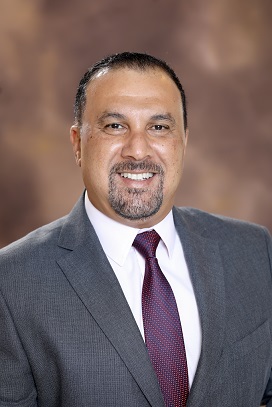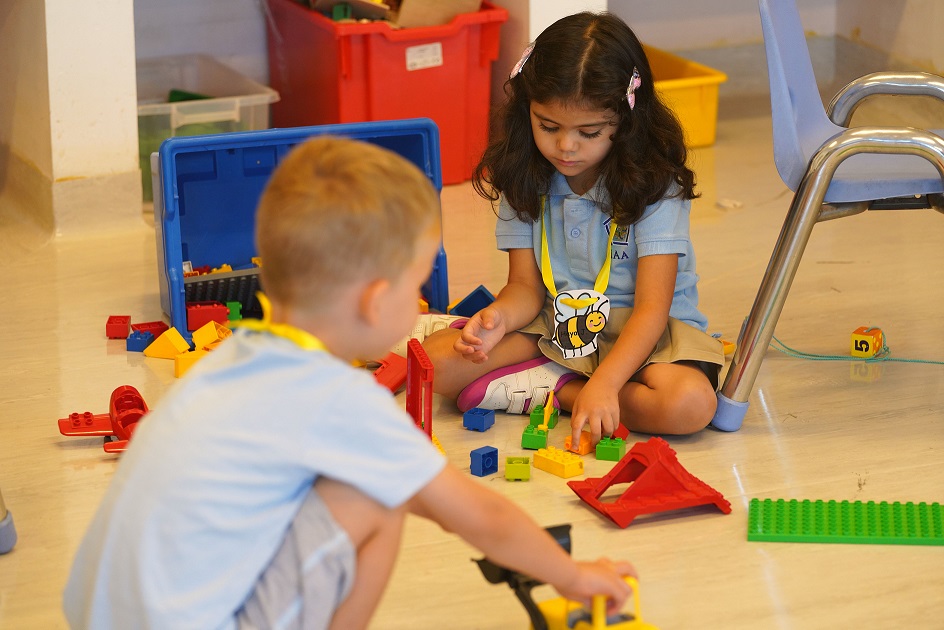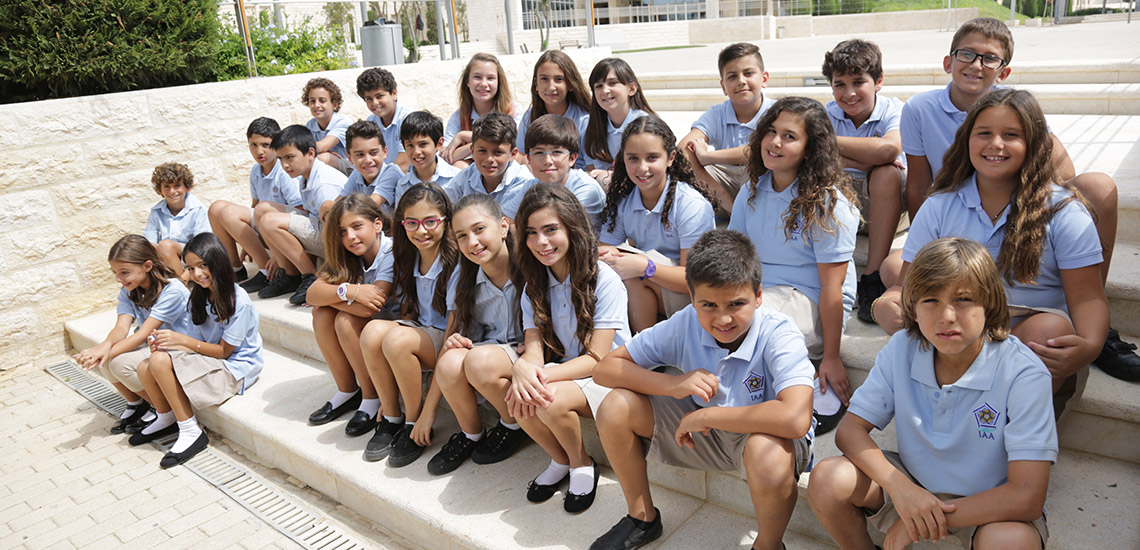

We welcome you warmly to the Primary School where learning is acquired through a rich variety of experiences. Through our quest to make the learners of today the leaders of tomorrow, we ensure that our students’ time with us positively shapes their academic, social, emotional and overall development. We believe that the primary years of learning are important, as children of this age learn more quickly than any other stage in their lives and therefore we strive to provide a positive and caring learning environment that nurtures our students to make the most of their utmost potential.
As a learning community, we are driven by values depicted in the four pillars of Acceptance, Duty, Leadership and Cultural Heritage. We cherish and live by these values which are essential for the development of the leaders of tomorrow. We are very proud of achieving a sensible balance between embracing our Jordanian values and culture and embedding the skills and attitudes that our students need to make positive contributions to an increasingly globalised society.
Fundamental to the learning in our Primary School is the establishment of highly proficient numeracy and literacy skills to support the development of high quality learning, critical thinking and elevated conceptual understanding. Our group of dynamic, dedicated local and international teachers draw on a broad range of teaching and learning experiences and backgrounds.
IAA’s International and National curricula have proven to meet the learning needs of our esteemed students. Our Early Years’ education department follows the UK Early Years Foundation Stage framework. In grades 1 to 5, we follow the UK English National Curriculum for literacy. For mathematics, we follow The Australian National Curriculum. Science, History, Geography and Technology are drawn from the International Primary Curriculum (IPC).
In addition, our students receive specialist teaching and learning instruction in Arabic, Social Studies, Religion, Music, ICT and Physical Education. The Jordanian Ministry of Education curriculum is used for Arabic, Social Studies and Religion, which is taught in Arabic.
In line with a 21st-century education, our students have access to state-of-the-art computer labs and our Grade 5 students benefit from a dedicated Bring Your Own Device programme. To promote digital literacy, our students have access to a range of software programs in and out of the classroom.
Educating students in a conducive environment is paramount to teaching and learning. Our physical surroundings profoundly impact our students' capacity to learn. We have a dedicated space set aside for our Early Years students. There is plenty of space to develop their fine and gross motor skills and explore their outdoor environment, with access to age-appropriate playground equipment and garden areas. Primary students have access to age-appropriate recess areas which again give them ample opportunity to develop their physical strength and personal, social and emotional skills.
The Primary School at The International Academy – Amman provides quality teaching and learning that fosters social, emotional, intellectual development and holistic wellbeing of students as lifelong learners and global citizens. We instil in our students a sense of duty, leadership and acceptance for others. We are proud of our school ethos and encourage you to consider it as an option for your child.
Mr. Walid ALBay
Acting Primary Principal


